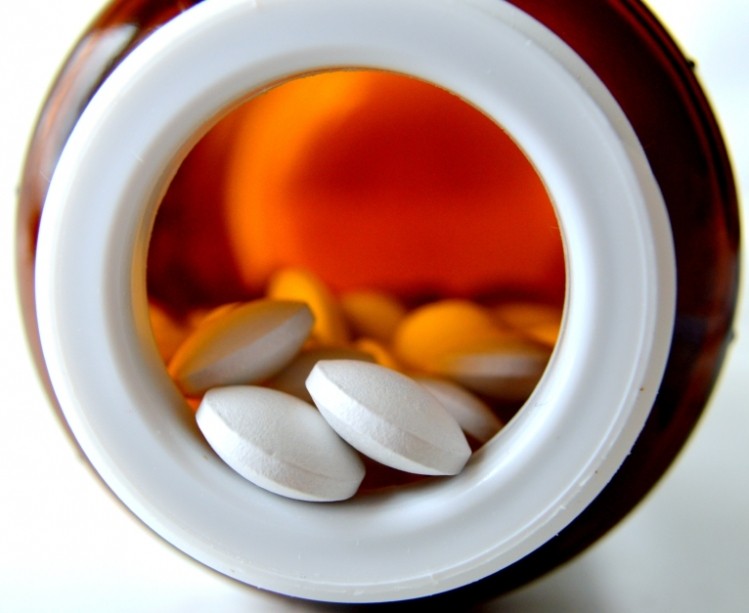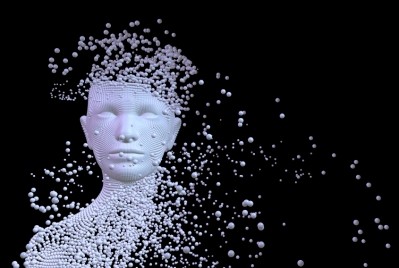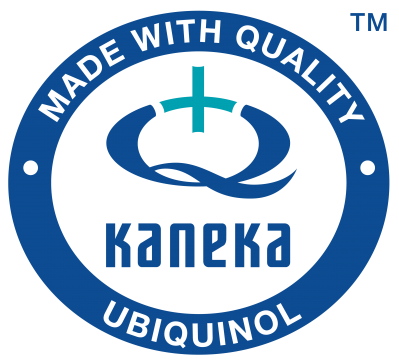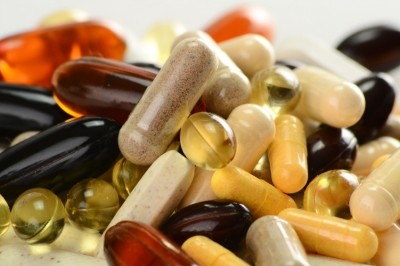CoQ10 benefits questioned: Mouse study

The researchers from McGill University found UQ did not much help ‘rescue’ ‘mouse mutants’ with DNA damaged mitochondria as well as other substances like 2,4-dihydroxybenzoic acid.
“We find that UQ does not act as antioxidant in vivo and that its requirement for electron transport is much lower than anticipated, even in vital mitochondria-rich organs,” the researchers concluded.
“In fact, severely depressed mitochondrial function due to UQ depletion in the heart does not acutely impair organ function. In addition, we demonstrate that severe disease phenotypes and shortened lifespan are reversible upon partial restoration of UQ levels and mitochondrial function.”
Lead researcher Siegfried Hekimi, professor in biology at McGill University, said the findings raised questions about the mechanism of action of UQ – and its efficacy.
“Dietary supplements cost a lot of money to patients throughout the world — money that would be better spent on healthy food. What’s more, the hope for a quick fix makes people less motivated to undertake appropriate lifestyle changes.”
CoQ10’s most common usage is in conjunction with statin drugs prescribed to people with heart problems and it is a popular stand-alone food supplement.
Benefit or mechanism?
Leading CoQ10 supplier Kaneka said the study questioned the mechanism but not necessarily the benefits of the vitamin-like substance.
“There is no element in the text that supports the statement ‘no benefit’,” a spokesperson said. “There are elements in the text that may support the statement that, ‘in this case the benefit may not be related to the antioxidant mechanism'. It might be energy or even gene-expression related.”
The researchers themselves stated “there would be value in exploring more systematically a third approach that consists in providing an alternative bypass precursor that incorporates chemical groups that are normally provided to the end product by the deficient enzymatic step.”
Vitamin-like
CoQ10 has properties similar to vitamins, but since it is naturally synthesised in the body it is not classed as such. With chemical structure 2,3-dimethoxy-5-methyl-6-decaprenyl-1,4-benzoquinone, it is also known as ubiquinone because of its 'ubiquitous' distribution throughout the human body.
The coenzyme is concentrated in the mitochondria - the 'power plants' of the cell - and plays a role in the production of chemical energy by participating in the production of adenosince triphosphate (ATP), the body's so-called 'energy currency'.
The Canadian Institutes of Health Research supported the study.
Source:
Nature Communications
Published March 6, 2015 doi:10.1038/ncomms7393
“Mitochondrial function and lifespan of mice with controlled ubiquinone biosynthesis”
Authors: Ying Wang, Daniella Oxer, Siegfried Hekimi















